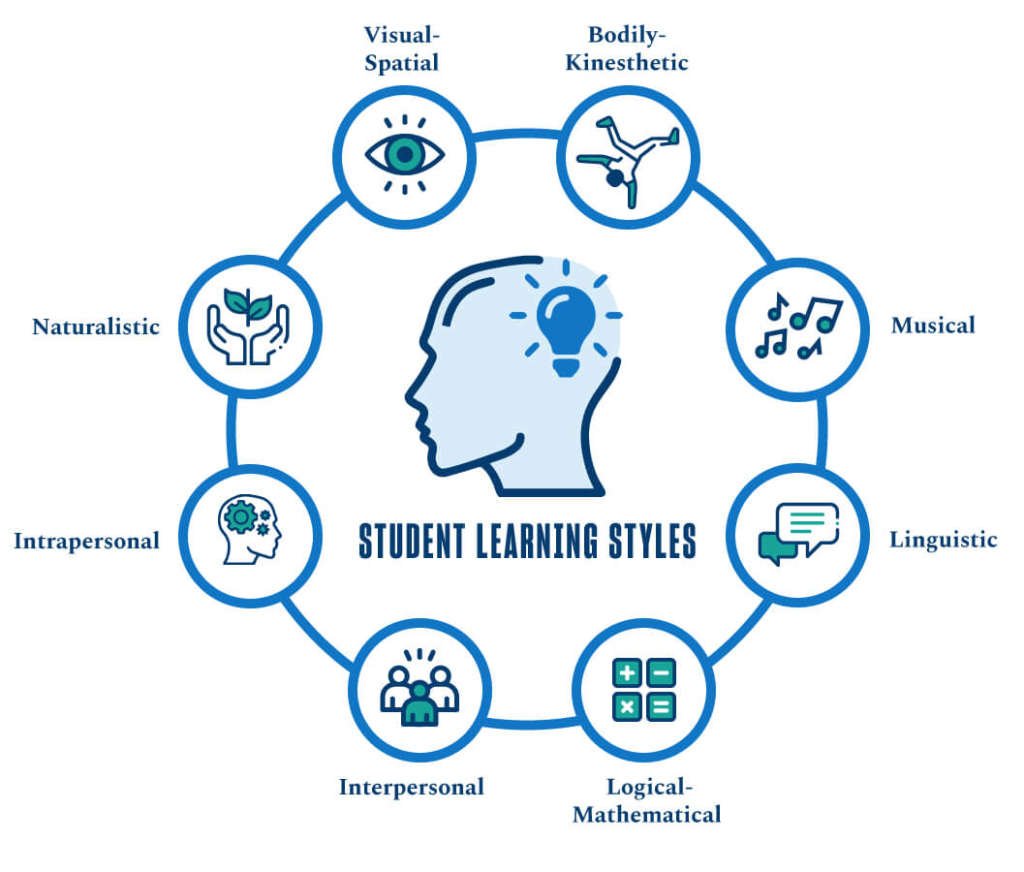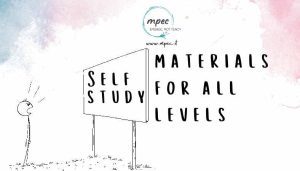Words are, in my not so humble opinion, our most inexhaustible source of magic, capable of both inflicting injury and remedying it. Albus Dumbledore
Why do we study languages? Because we want to communicate using them.
Excellent, but not true.
A part of who we are wants to learn a new language and use it, but an equally important part is petrified of being judged, criticised, not understood, seen as stupid or inferior… Does any of it ring a bell?
Exactly.
As you know, mpec focuses on confidence in communication when teaching you English (you can visit Live English Courses via Streaming to learn more about what we do), but there are simple things you can do to make sure you are not your own worst enemy on the path towards acquiring full independence in English.
Here are 3 things you can do to build more confidence when using English. The fourth is, of course, getting in touch with Ed, Suzanne or any of the mpec coaches to ask for their help 🙂
1. Listen to your inner monologue and make it more positive for yourself
Cognitive Behavioural Coaching teaches us that the most efficient way to rewrite how we feel about something is to create a positive, accepting internal monologue about it. It is called REFRAMING and you can do it when you feel anxious before a meeting in English or before an exam.
Perhaps you predict you’re going to do poorly, so you focus on what you don’t know. You think everyone else speaks English better than you. And you start to fill your head with negative self-talk, like “I’m so stupid.”
When you notice yourself thinking something bleakly negative like that, stop the thought mid-flow by verbally saying “Stop!” out loud. Reassess your assumptions, and see if you can come up with a positive or neutral replacement, for example, picture the last situation in which you spoke English with pleasure, ease and without fear. Make this memory vivid and clear in your head for a minute and observe how the physical feeling of anxiety slowly decreases.
2. Get to know yourself and how you learn

You need to know what your learning style is! If you don’t, it is almost impossible for you to fully benefit from any course or to become truly efficient when learning or using English. If you don’t know where to start, just get in touch with us – we will be able to help!
Following the Theory of Multiple Intelligences, developed in the late 1970s and early 1980s by Harvard educator Howard Gardner, we can say that there are eight distinct “intelligences” that are closely connected to learning. These are:
Visual-Spatial — The ability to conceptualize and manipulate large-scale spatial arrays (e.g. airplane pilot, sailor), or more local forms of space (e.g. architect, chess player).
Bodily-Kinesthetic — The ability to use one’s whole body, or parts of the body (like the hands or the mouth), to solve problems or create products (e.g. dancer).
Musical — Sensitivity to rhythm, pitch, meter, tone, melody and timbre. May entail the ability to sing, play musical instruments, and/or compose music (e.g. musical conductor).
Linguistic — Sensitivity to the meaning of words, the order among words and the sound, rhythms, inflections and meter of words (e.g. poet). Sometimes called language intelligence.
Logical-Mathematical — The capacity to conceptualize the logical relations among actions or symbols (e.g. mathematicians, scientists).
Interpersonal — The ability to interact effectively with others. Sensitivity to others’ moods, feelings, temperaments and motivations (e.g. negotiator). Sometimes called social intelligence.
Intrapersonal — Sensitivity to one’s own feelings, goals and anxieties, and the capacity to plan and act in light of one’s own traits. It is not particular to specific careers; rather, it connects to the ability of every individual to make consequential decisions for oneself. Sometimes called self-intelligence.
Naturalistic — The ability to make consequential distinctions in the world of nature as, for example, between one plant and another, or one cloud formation and another. Sometimes called nature intelligence.
At mpec, we believe it is fundamental for each student to be followed and coached in the way that is tuned with their learning style.
3. Don’t ignore your own brain
The more you know about your brain, the more you can collaborate with it. You cannot (CANNOT!) feel confident when you are scared or worried or in danger of making a fool of yourself. So, take a moment and watch this video (ITA/ENG) in which Suzanne and Ed explain the relationship between human brain and effective language learning.
If you liked our infographic, you can download it here:
As we say at mpec, “you have to love it to learn it”.
Written by: Suzanne Pilch, ACC, MA
mpec Partner & 𝗖𝗼𝗺𝗺𝘂𝗻𝗶𝗰𝗮𝘁𝗶𝗼𝗻 𝗧𝗲𝗮𝗰𝗵𝗲𝗿 | 𝗜𝗖𝗙 𝗦𝗼𝗹𝘂𝘁𝗶𝗼𝗻 𝗙𝗼𝗰𝘂𝘀𝗲𝗱 𝗖𝗼𝗮𝗰𝗵 | 𝗗𝗶𝗴𝗶𝘁𝗮𝗹 𝗖𝗼𝗻𝘁𝗲𝗻𝘁 𝗘𝘅𝗽𝗲𝗿𝘁




